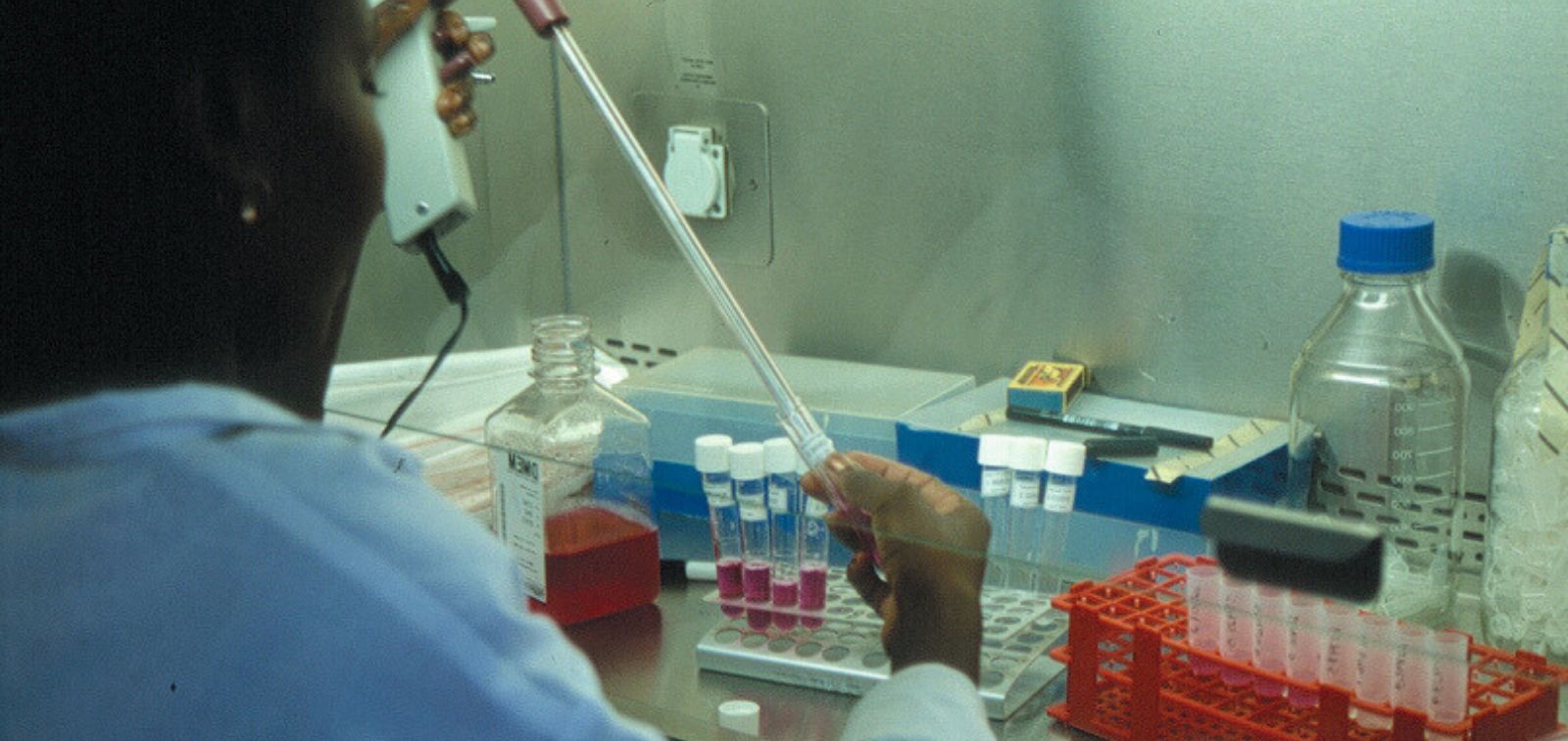PregMal
Surveilling malaria through machine learning and clustering tools in pregnancy

- Duración
- 01/04/2021 - 21/12/2023
- Coordinador
- Arnau Pujol Vallribera
- Financiadores
- Horizon 2020. Call: H2020-MSCA-IF-2019
The vision of the World Health Organisation (WHO) for 2030 is a world free of malaria. For this, agile and robust malaria surveillance systems are required to efficiently guide actions towards interruption of transmission. Estimating malaria trends from passive detection of clinical malaria cases at health facilities or from cross-sectional surveys remains difficult and expensive.
Pregnant women represent a promising convenience group for malaria surveillance, providing a representative section of the overall population in a cost-efficient and sustainable manner. Serological and molecular surveillance has also become a potential key approach to guide elimination efforts, providing information about the history of exposure, the geographic origin (malaria importation)and the intensity of malaria transmission.
The PregMal project propose to develop and apply novel statistical tools (adapted from the field of cosmology) to test an innovative and cost-efficient surveillance approach based on the strategic use of parasitological, serological and genomic data from easy-access pregnant women at antenatal care (ANC) clinics.
The application of these new tools on data obtained from pregnant women can suppose an enormous breakthrough for sustainable and actionable surveillance systems that can accelerate efforts towards malaria elimination. With these new developed tools we will a) assess the potential of parasitological and serological data from pregnant women at first ANC visit as a source of reliable data to reflect temporal and spatial malaria trends in the community and b) compare genetic metrics in the parasite population of pregnant women and the overall community that can inform about changes of malaria transmission, clustering of infections and parasite importation.
Total Funding
172,932.48 €
Results
The PregMal team found that pregnant women attending the first antenatal care visit show spatial and temporal trends of malaria burden that are consistent with those from children from clinical cases and cross-sectional studies, regardless of parity and HIV status. The team only found a parity dependence in moderate-to-high transmission settings for low sensitivity rapid diagnostic tests (RDT). In this case, multigravid women show lower positivity levels, probably due to immunity acquired from previous infections. We show that antibodies against the pregnancy specific DBL3-4 antigen can also be used to estimate spatial and temporal trends of malaria transmission. They also found a 3-month time lag between the temporal trends of pregnant women and children from clinical cases, meaning that changes in clinical data are found 3 months after in pregnant women at antenatal care.
The project team algo found that P. falciparum genetic populations were consistent between pregnant women and children for different metrics of diversity, relatedness and multiplicity of infection, suggesting the potential of ANC data for malaria genomics surveillance. Also, a strong south-north differentiation in the parasite genetic population was found across Mozambique, and preliminary analyses are suggesting that these differentiation can be used to estimate malaria importation in southern Mozambique.
Publications
- Pujol A., Brokhattingen N., Matambisso G., et al. 2023, Detecting temporal and spatial malaria patterns from first antenatal care visits, Nature Communications, Volume 14, 4004, 11 pp. https://www.nature.com/articles/s41467-023-39662-4
- da Silva C., Boene S., Datta D., et al. 2023, Targeted and whole-genome sequencing reveal a north-south divide in P. falciparum drug resistance markers and genetic structure in Mozambique, Communications Biology, Volume 6, 619, 11 pp. https://doi.org/10.1038/s42003-023-04997-7
Software
- Epidemiological Foci Relating Infections by Distance (EpiFRIenDs)
- R Epidemiological Foci Relating Infections by Distance (R-EpiFRIenDs)




